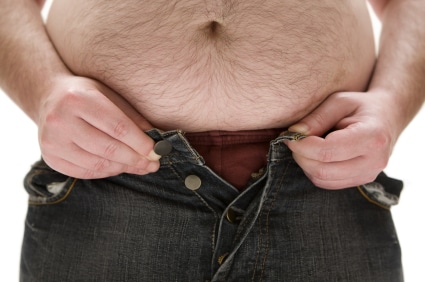Low HGH symptoms (growth hormone) are many and involve all organ systems. There is much controversy regarding the best way...

Low HGH symptoms (growth hormone) are many and involve all organ systems. There is much controversy regarding the best way...